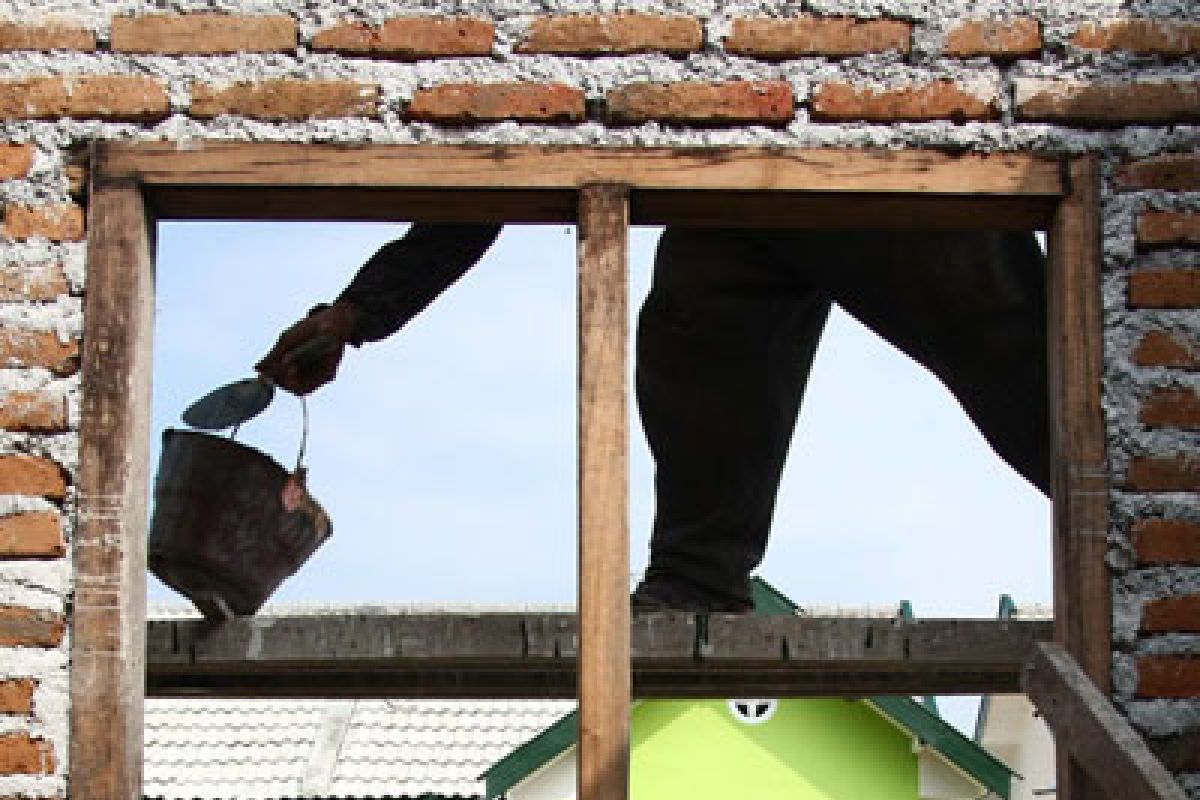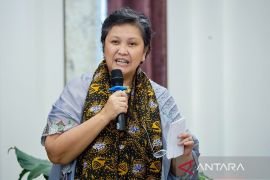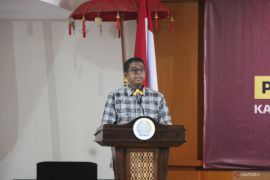Head of the West Kalimantan Public Works Agency Jakius Sinyor said here on Wednesday night that the million houses will consist of storey and low-cost houses needed by middle and low income people.
In this context, the government has invited housing business companies including developers and local administrations to take part in the project, Jakius Sinyor said after opening a familiarization of policies on deconcentrated housing dwelling areas of the People`s Housing Ministry.
He also said that according to data of the National National Development Planning Agency (Bappenas), Indonesia was in need of 710,000 houses per year.
He said the need will increase each year in line with the increase of the population in Indonesia, including West Kalimantan.
Jakius Sinyor also said that to build an advanced, self-sufficient and fair, the building of housing up to 2025 will incluide the building of houses and dwelling places complete with the supporting means for the people.
The policy is in line with the accelerated housing building of other countries under the Aim of Millennium Development, including economic improvement for poor people and reducing 50 pct of dirty housing by 2020. "Under the 2010-2014 National Midterm Development Plan 1,500,000 houses will be built complete with simple facilities and adequate funding," he said.
He said the problems that often have to be faced in meeting the target of the public works agency included the very limited number of houses from the developers and the ever expanding dirty and unrully dirty dwelling areas.
"These problems had been caused by several factors including the limited access of middle and low income people to land and the still unavailability of long-term funding would which normally raise the purchasing power of this group of the people," he explained.
He hoped for support from regencies/municipalities as housing and housing stakeholders and local administrations which would also facilitate the obtainment of licenses, he said.
(Uu.H-NG/A014)
Editor: Priyambodo RH
Copyright © ANTARA 2011












